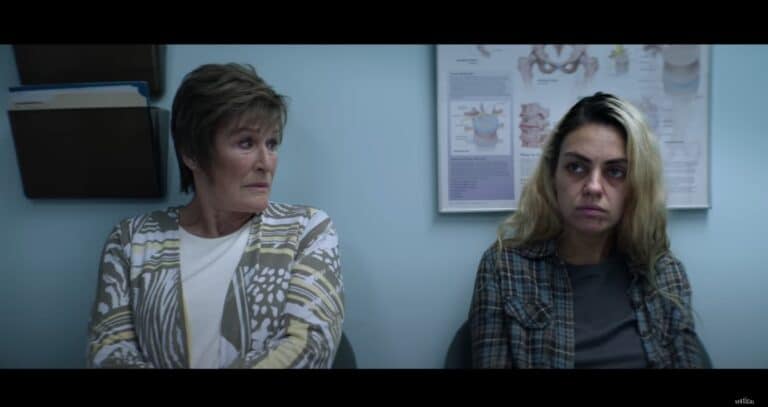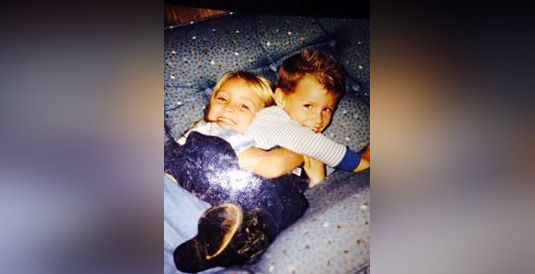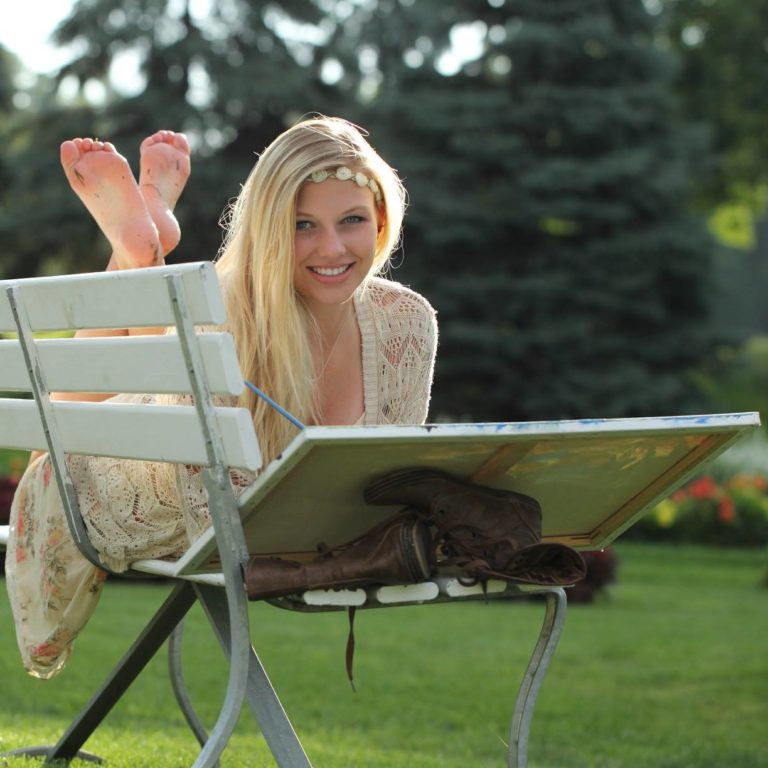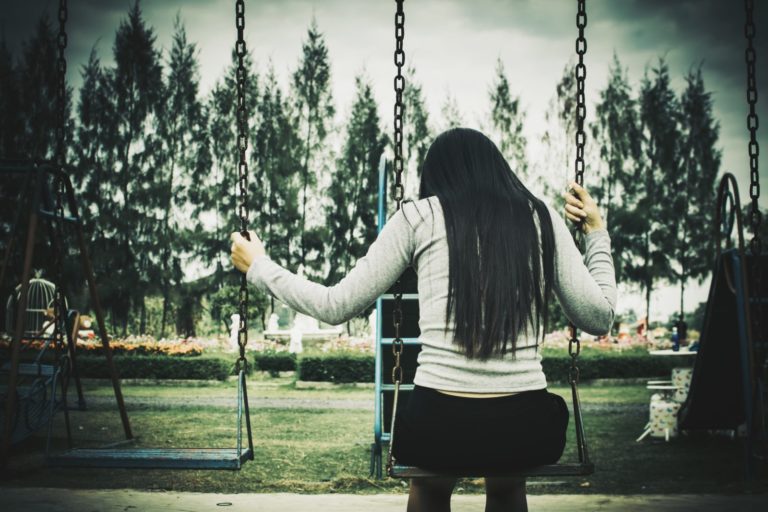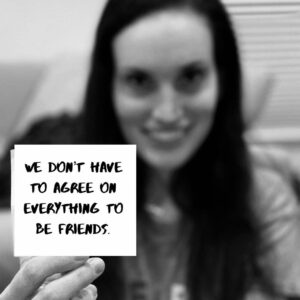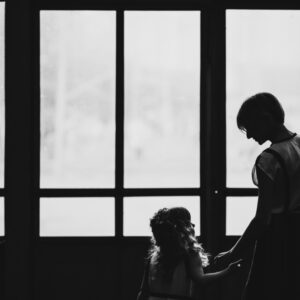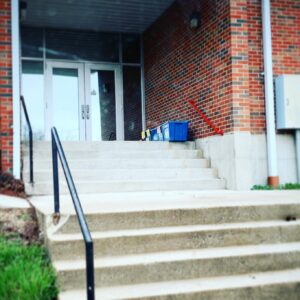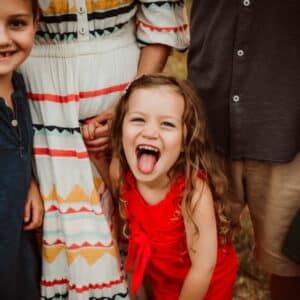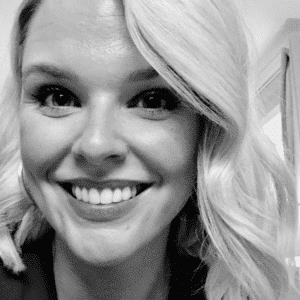My sister recently posted the trailer of a movie being released this spring called Four Good Days. In the film, Glenn Close plays the mother of a woman addicted to opiates, played by Mila Kunis.
In the trailer, we see both sides of the painful and broken relationship between a mother and daughter trying to see their way through a battle with addiction.
I remember being so angry at my parents for their relentless support of my sister during her decades-long battle with addiction. As the younger sibling, I couldn’t understand where they mustered the ability to forgive her shortcomings. How could they look beyond the pain that she was causing us all?
RELATED: The Opioid Crisis Claimed My Daughter But it Doesn’t Define Her
“I’m sorry that my drug addiction is so incredibly difficult for you!” Mila Kunis’s character shouts at her mother. It wasn’t until I became a mother myself that I could finally understand the depths of desperation my parents felt for themselves and their daughter for all of those years. My sister and I had a broken relationship for most of our upbringing, leading to my inability and frankly, lack of desire to be a supportive presence in her life to see her through her addiction.
It wasn’t until recently I came to terms with my own unhealthy relationships and vices that I was able to put myself in her shoes. I spent most of my youth and young adulthood not loving myself—countless tears cried while staring at my reflection in the mirror. I know my sister shared those same feelings staring at her own reflection. We were two people living lives so similar to one another, yet unable to understand, empathize, or help ourselves—let alone each other.
I had convinced myself my own shortcomings and selfish choices weren’t as bad as hers.
“Sometimes I get the feeling that I don’t want to love her anymore,” says Glenn Close’s character. I picture my sister and me, standing in front of those mirrors, thinking that about ourselves. I wonder if my parents ever felt that about her. Those rock bottom times in life where it would have been easier to throw in the towel and walk away, but they never did for any period of time. It is hard to love someone more than they love themselves. It is hard to care for someone more than they care for themselves.
It is very likely someone you know is playing one of these roles, even though you may not see it.
RELATED: I Had a Good Job, A Great Life—And An Opioid Addiction
This is for those who are loving someone through a hard time. That someone may even be your (grown) baby.
For the mom considered an enabler because she still loves her child with an addiction, I hope you are able to one day enjoy that person as you once knew them. Waiting for someone to get help and then finding that help for them is grueling, but it is possible. My family is lucky enough to have seen that.
To my sister, I’m sorry I wasn’t there for you. I wasn’t in a place in my life to understand your suffering. I’m sorry I was in a weak time in my life when you needed my strength. I’m sorry I was too consumed in my own issues to celebrate the joys you experienced then.
And like Close’s character says softly to her on-screen daughter: “I’m proud of you.”

If you liked this, you'll love our book, SO GOD MADE A MOTHER available now!
Order NowCheck out our new Keepsake Companion Journal that pairs with our So God Made a Mother book!
Order Now


